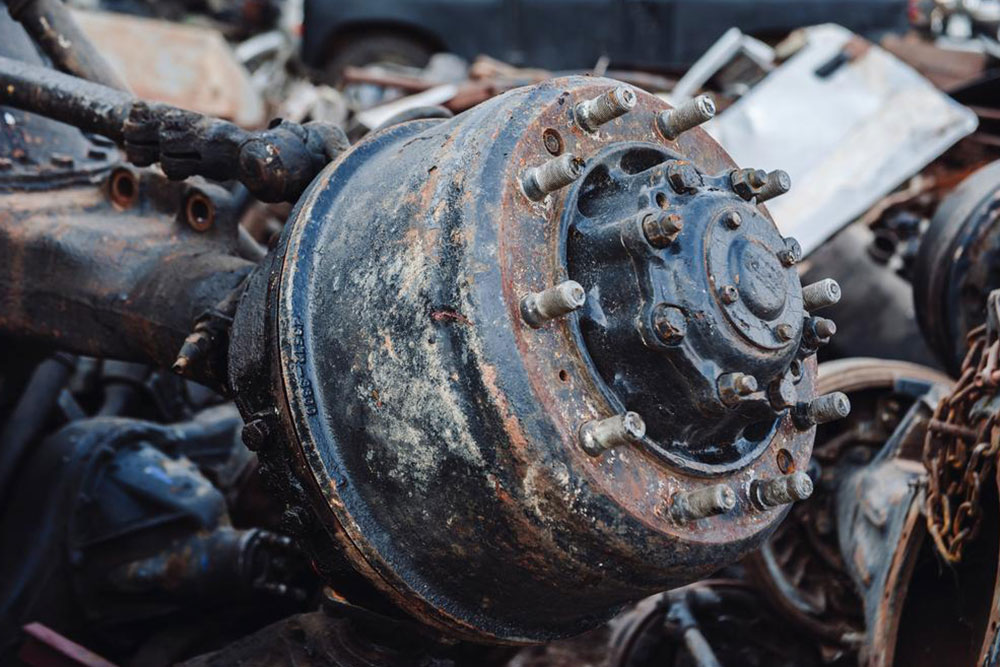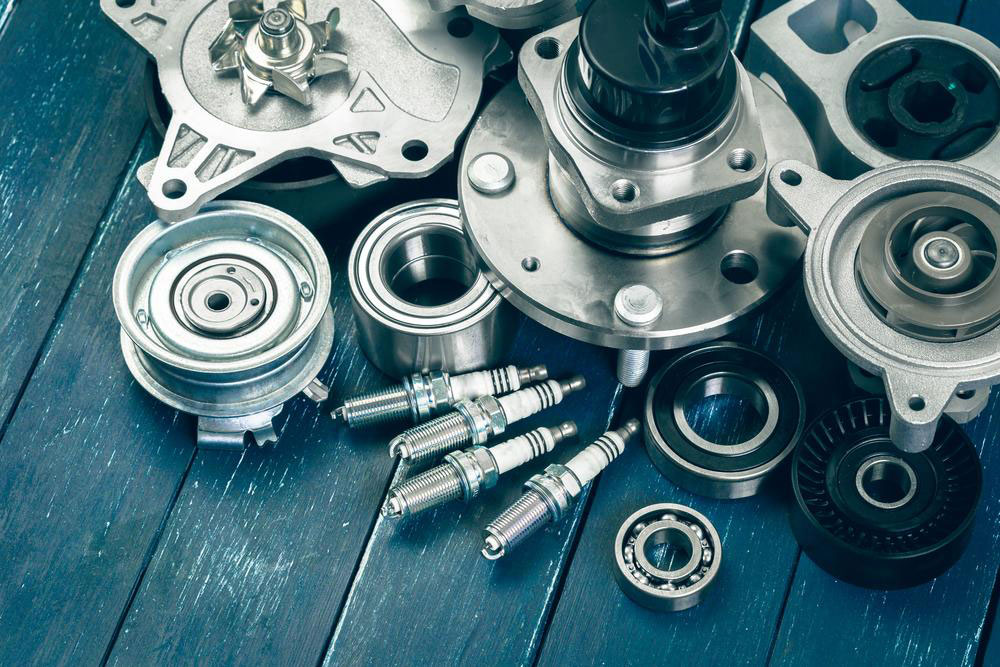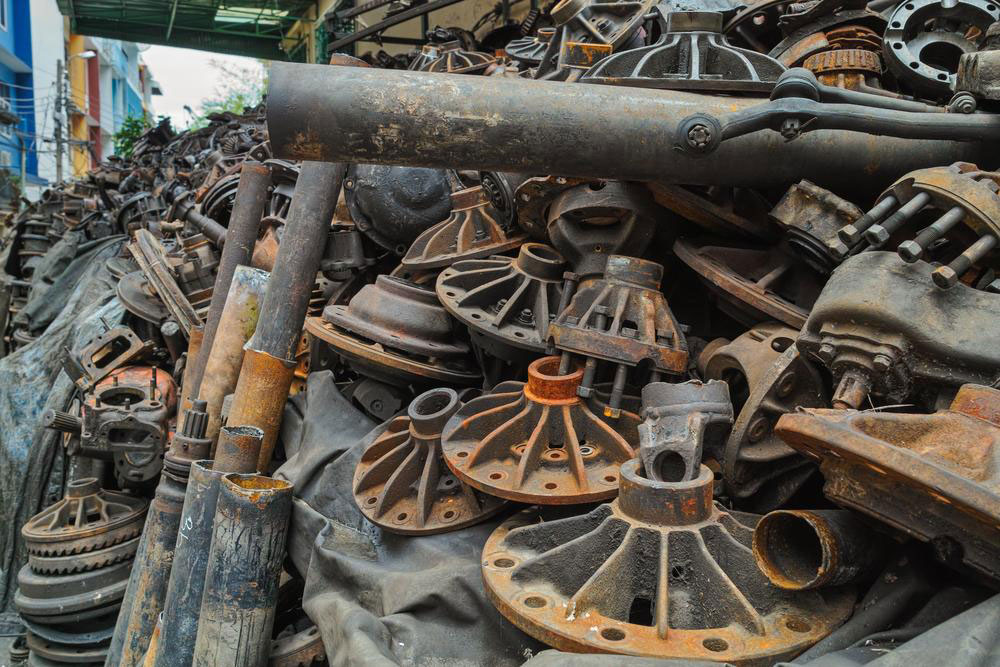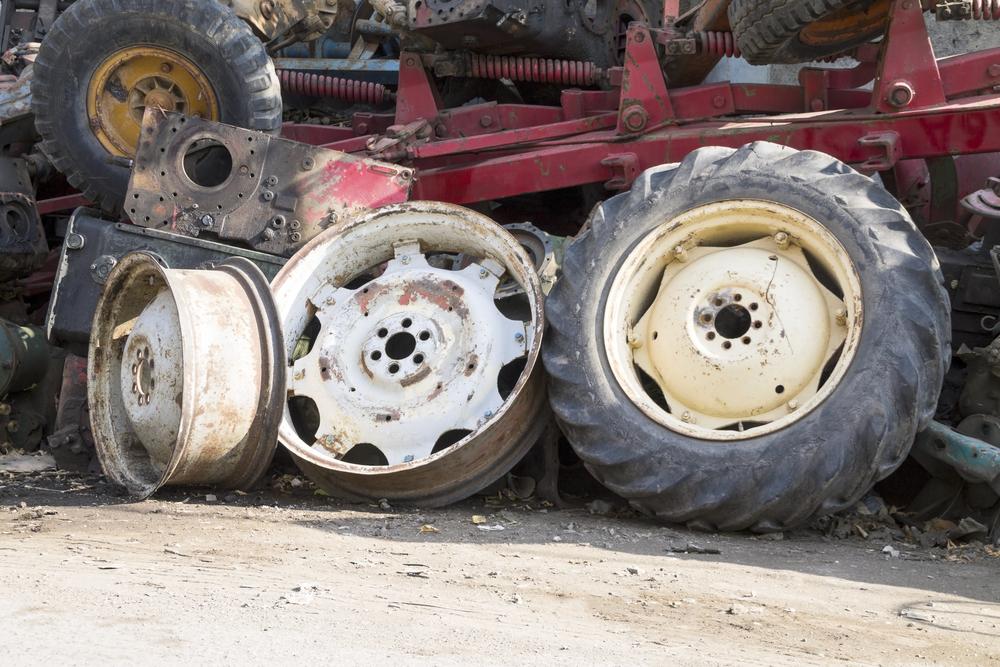Maximizing Profit from Junkyard Auto Parts
Discover how to turn junkyard auto parts into profit by refurbishing and reselling key components like fenders, rims, and electronics. This guide offers practical tips for maximizing earnings from scrap vehicle parts, ideal for car builders and enthusiasts alike. Learn which parts hold the highest value and how to source or sell them effectively to boost your income.

Many believe that selling scrap car parts isn't profitable, but this couldn't be further from the truth. In today’s junkyards, vehicles are often stripped down to their frame, with usable parts removed and sold to buyers who can't afford new components. These parts are typically sold at a fraction of their retail price, both locally and online. Junkyards are a goldmine for custom car enthusiasts and rebuilders, as affordable spare parts can be repurposed to boost their earnings significantly.
Profitability is primarily achieved through refurbishing and testing used auto parts to ensure quality. Below are some common components that can be recycled or resold:
Engine Oil: Engine oil, which lubricates engine parts, can be cleaned and reused. Although it doesn't degrade rapidly, reusing it reduces waste and saves money.
GPS Devices: Car navigation units can fetch good resale value when sold separately, especially before smartphones became the norm for navigation.
Fenders: Well-maintained fenders can be cleaned, reshaped, and restored, making them attractive to custom car builders. Classic vehicle parts tend to be more in demand than those from mass-market models.
Wheels, Tires, and Rims: These can be refurbished and sold at a profit. Matching rims and tires are particularly valuable, especially as part of original sets.
Other sought-after parts include pickup truck tailgates, airbags, batteries, bumpers, and doors, which can each sell for hundreds of dollars.
Disclaimer: Our website offers diverse content meant to inform and guide readers, but it should not be considered definitive or infallible. Data accuracy may vary, and users should verify information independently. We do not assume responsibility for discrepancies or unlisted offers that might be more advantageous.









